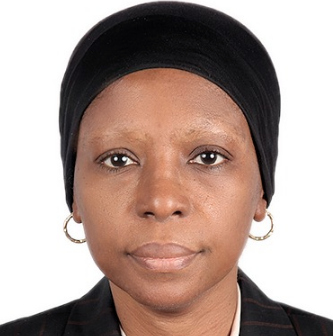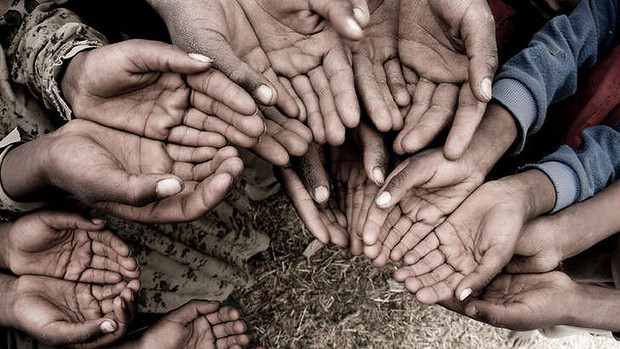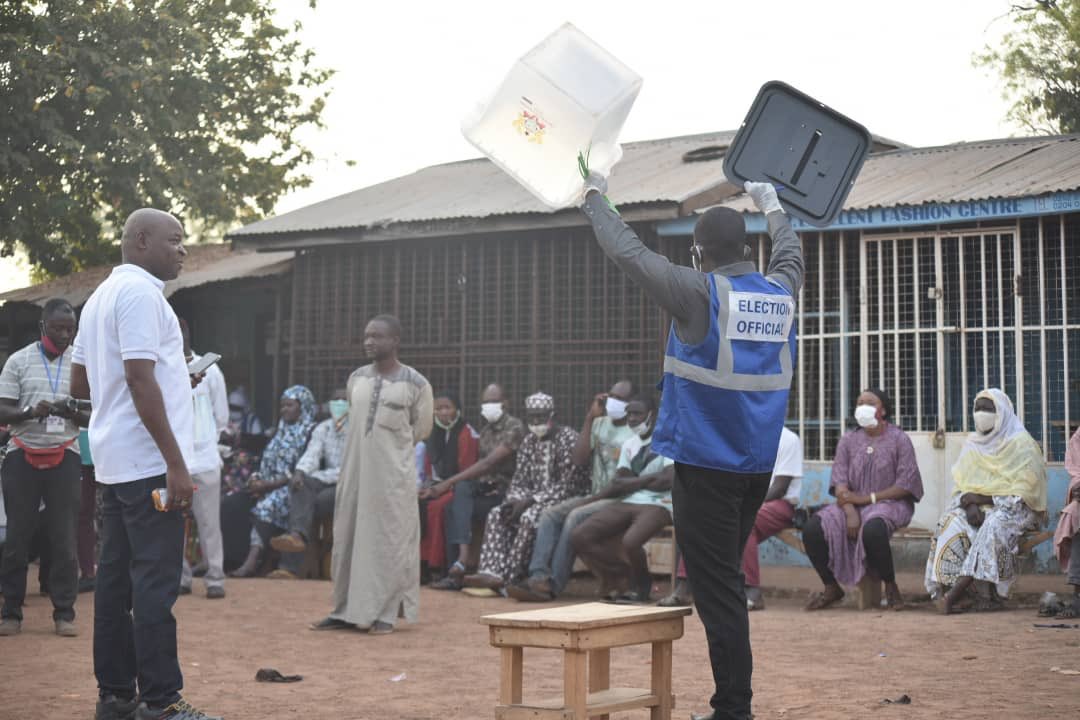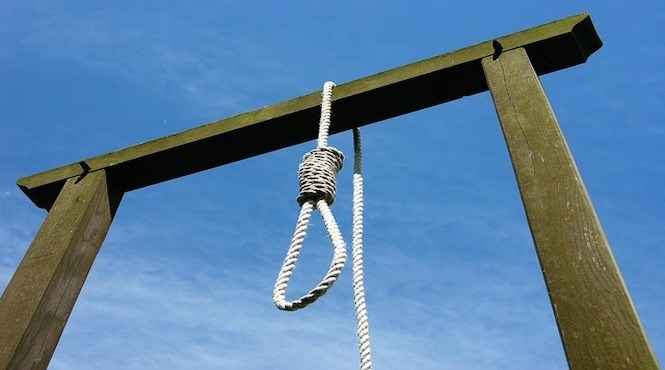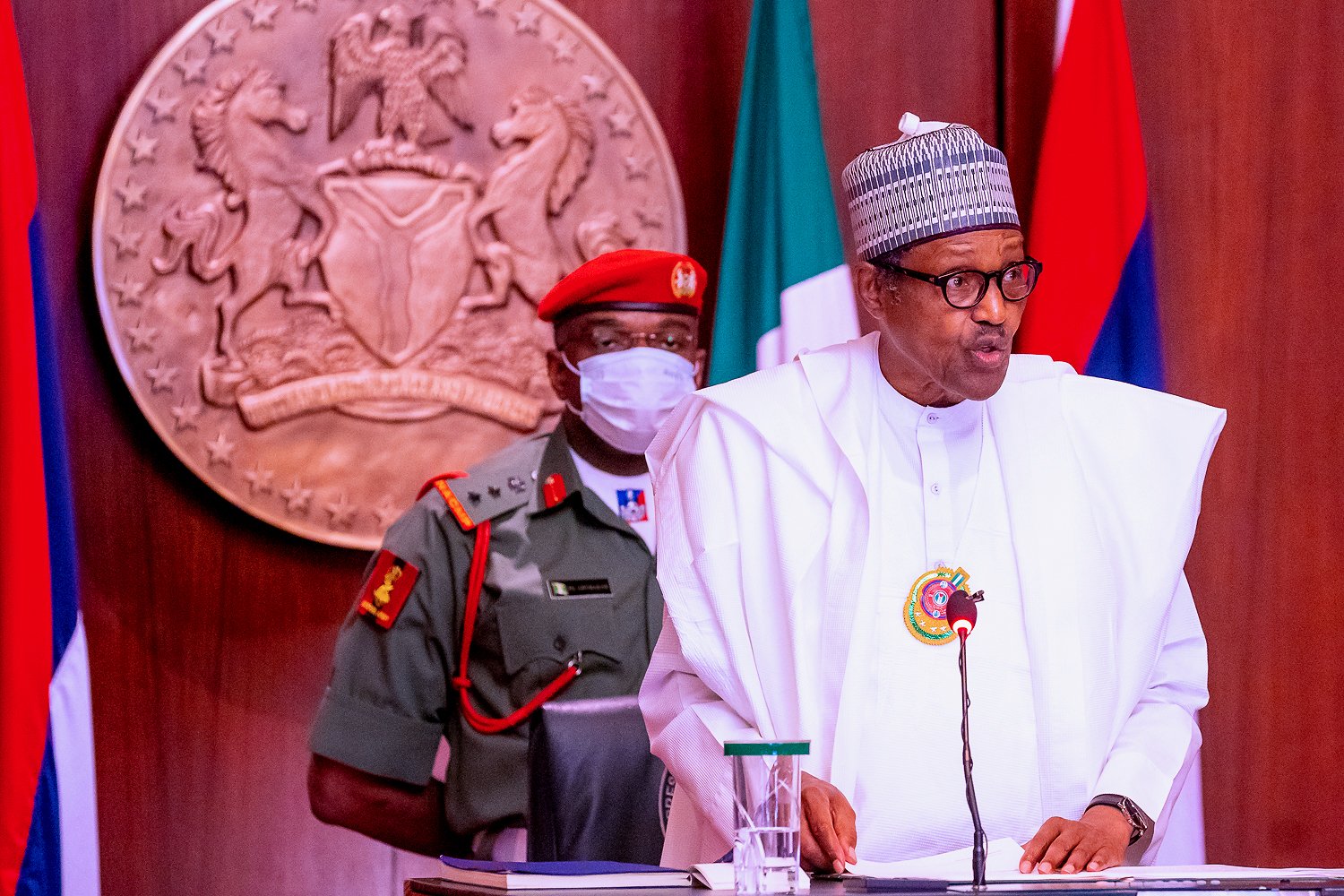Poverty is so perverse in Nigeria that it is no longer news that millions of Nigerians live on the margins of existence, eking out barely liveable incomes on a daily basis. What is news is that over 87 million Nigerians currently live in extreme poverty and Nigeria now accounts for 11.7% of the global extremely poor, coming an embarrassing second behind India. The tragedy is that this appalling state of affairs need not be so, as Nigeria has the necessary endowments to reduce extreme poverty to zero.
Poverty is not only lack of income and productive assets, it includes deprivation, hunger, limited access to basic health and education services, discrimination and exclusion. According to Adaboya, a Ghanaian quoted in the World Bank’s voices of the poor report: “Poverty is like heat: you cannot see it, you can only feel it; so to know poverty, you have to go through it”. Unfortunately, over 87 million Nigerians feel this heat every single day.
Nigerians are poor because successive governments have failed to implement policies that will reduce poverty on a consistent basis. Rather than building on past poverty programs and pro-poor policies, successive governments start all over, with significant fan-fare but with little to show as the number of poor people keeps rising.
While poverty is all over Nigeria, it is more prevalent in the north. The latest survey (2019 Poverty and Inequality in Nigeria) by the National Bureau of Statistics (NBS) reveals the magnitude of this tragedy. According to NBS, while 40.1% of Nigerians are extremely poor, 59.6% of northerners are extremely poor while only 24.3% of southerners are poor. Furthermore, as noted by the World Bank, the south has managed to nurture faster urbanization, accumulated more human capital and created more job opportunities in the last two decades than the north. The north, on the other hand, has deeper poverty, sluggish growth even during the higher growth of the 2000s and very limited access to public services. Consequently, poverty policies may need to be adapted to address the differences in challenges faced by the two regions. For example, the north will benefit more by improving agriculture, while the south will benefit more by also improving the business environment.
Advertisement
The question, therefore, is what can be done to reduce poverty and ensure every Nigerian gets the opportunity to flourish?President Muhammadu Buhari has promised to lift 100 million Nigerians out of poverty within ten years. However, how this will be achieved has not been formulated into a coherent strategy along with the necessary policies and programs. Furthermore, there has been an increase in criticism of the Federal Government on security, economic management and poverty. However, as Ngozi Okonjo-Iweala noted in her book, “Reforming the Unreformable”, the State Governors have the fiscal autonomy to do what is required to reduce the prevalence of poverty in their States. The following suggestions on how to reduce poverty can be implemented by both Federal and State Governments, but the most impact will be felt if the States rise to the challenge.
Transforming agriculture is a low hanging fruit for economic development and any meaningful reduction in poverty has to start from agricultural reform where most of the poor earn a living. The “Poverty and Inequality in Nigeria” report by the NBS confirms this, as there are more poor people in the North East (71.6%) and North West (64.8%), two regions where agriculture is dominant and still at subsistence level with low productivity per hectare. There are several reasons for poor yields and low productivity in Nigerian agriculture compared to the world average. These include: lack of adequate extension services; low quality of soil, seeds and other inputs; low application of fertiliser; low usage of irrigation; poor storage facilities that increase waste; and insecurity. Transforming agriculture for poverty reduction, requires these issues to be systematically addressed.
For a start, the provision of extension services needs to be increased with higher number of extension workers employed per Local Government that is involved in agriculture. This can be done by the State Governments as it is within their mandate. The Federal Government on its part should invest more in research and development of better yielding seeds. There are presently twenty Research Institutes under the Federal Ministry of Agriculture involved in developing better quality seeds and other aspects of agriculture, yet yields continue to be low due to slow development and adoption of better seeds and poor funding of actual research. A possible way forward is to merge the institutes to no more than six, this will enable better collaboration, knowledge sharing and reduction in cost of administration. The cost savings and additional funds could then be allocated to research and development of better seeds and provision of the seeds to farmers at affordable prices. Finally, access to fertiliser and adoption of low-cost irrigation methods need to be improved. By increasing farmers income not only will poverty be reduced, demand will also be created for basic manufactured goods and rural services, which will in turn spur further economic growth, thereby forming a virtuous self-reinforcing loop.
Advertisement
The next potential intervention for poverty reduction is to improve the provision and quality of basic education. Again, this is a low hanging fruit and an area that is within the control of the States. Improvement in the quality of basic education will impact labour productivity and improve employment prospects of young Nigerians. Data from National Bureau of Statistics shows that the poorest States have the highest level of illiteracy and out of school children. Therefore, policies that increase the number of and quality of public schools are essential in reducing illiteracy and the poverty that it sustains. In a world that is becoming very sophisticated and intertwined, a child that is denied quality basic education is almost doomed to poverty. State governors, especially in the north, need to take up this challenge. El-Rufai addressed this problem in Kaduna State in his first term and the State will surely reap the benefits. Others should learn from him.
The third and critical area that also needs improvement is capacity for the Federal and State Governments to attract investments. Investments, both public and private, have declined in the last decade relative to the 2000s. Between 2000 and 2010, investment was an average of 25.8% of GDP but was a paltry average of 16% between 2011 and 2018. At a time when Nigeria’s population is still growing fast and composed of even higher number of poor people, the country is investing even less. With this level of investment, it should come at no surprise that economic growth in the last few years has slowed considerably compared to the 2000s. And without economic growth, there can be no reduction in poverty and all the ills it portends.
To attract investments, business climate reformsare required to remove the soft problems that make Nigeria unattractive for long-term investments. These include sorting out the exchange rate regime, reducing regulatory activism by Nigerian regulators that are eager to “catch’ erring investors, eliminating multiple taxes and making it easier to acquire land and title. The Nigeria Investment Promotion Council (NIPC) should lead the process of attracting focused investments and should be strengthened immediately to carry out this important function. State Governments should also strengthen their own investment agencies and mandate them to work with the NIPC to make it easier for investors to invest in Nigeria.
The fourth intervention that could be used in fighting poverty is social protection programs. The Federal Government has already introduced a number of social protection programs aimed at providing temporary jobs, feeding school children and cash transfers to vulnerable people. These programs provide short term relief from poverty, but due to lack of funding, they are difficult to scale up to meet the needs of tens of millions of extremely poor Nigerians. Furthermore, while social protection programs have a role, especially for the aged and vulnerable, it is better and more sustainable to increase the productivity and earning capacity of people than to provide social protection. As the saying goes, give a man a fish, he eats for a day, teach a man to fish, he eats for a life time. Nevertheless, they do fill a need and State Governments can definitely do more, as most of the heavy lifting is currently being done by the Federal Government.
Advertisement
Finally, the Federal Government needs to formalise its pledge to lift 100 million Nigerians out of extreme poverty, within ten years, by developing a coherent strategy on how this will be achieved. The policies and programs required to implement the strategy should also be identified and implemented. Without a coherent strategy and actions, the pledge will become just another sound bite. In addition, the Federal Government should consider consolidating its poverty intervention programs in one ministry. Presently, over fifteen ministries and agencies are involved in one poverty alleviation or empowerment program or the other. Consolidating these programs in one ministry will reduce administrative costs and will also allow a more coherent approach to poverty reduction.
Reducing extreme poverty has been achieved by other countries and is within reach for Nigeria,if the Federal and State Governments rise to the challenge. Poverty reduction will even be faster if the States take more responsibility rather than continuing to shift responsibility to the Federal Government and the elusive restructuring. The States have the fiscal autonomy and know their States better and could thus develop more relevant and targeted policies and actions to lift millions within their States out of poverty. Nigerians, on our part, need to demand more from the States rather than to continue to expect miracles from the Federal Government. A better life for the poor majority is possible, but only if the States and the Federal Government rise to the challenge, before eliminating extreme poverty becomes even more formidable and out of reach.
Views expressed by contributors are strictly personal and not of TheCable.
Add a comment
